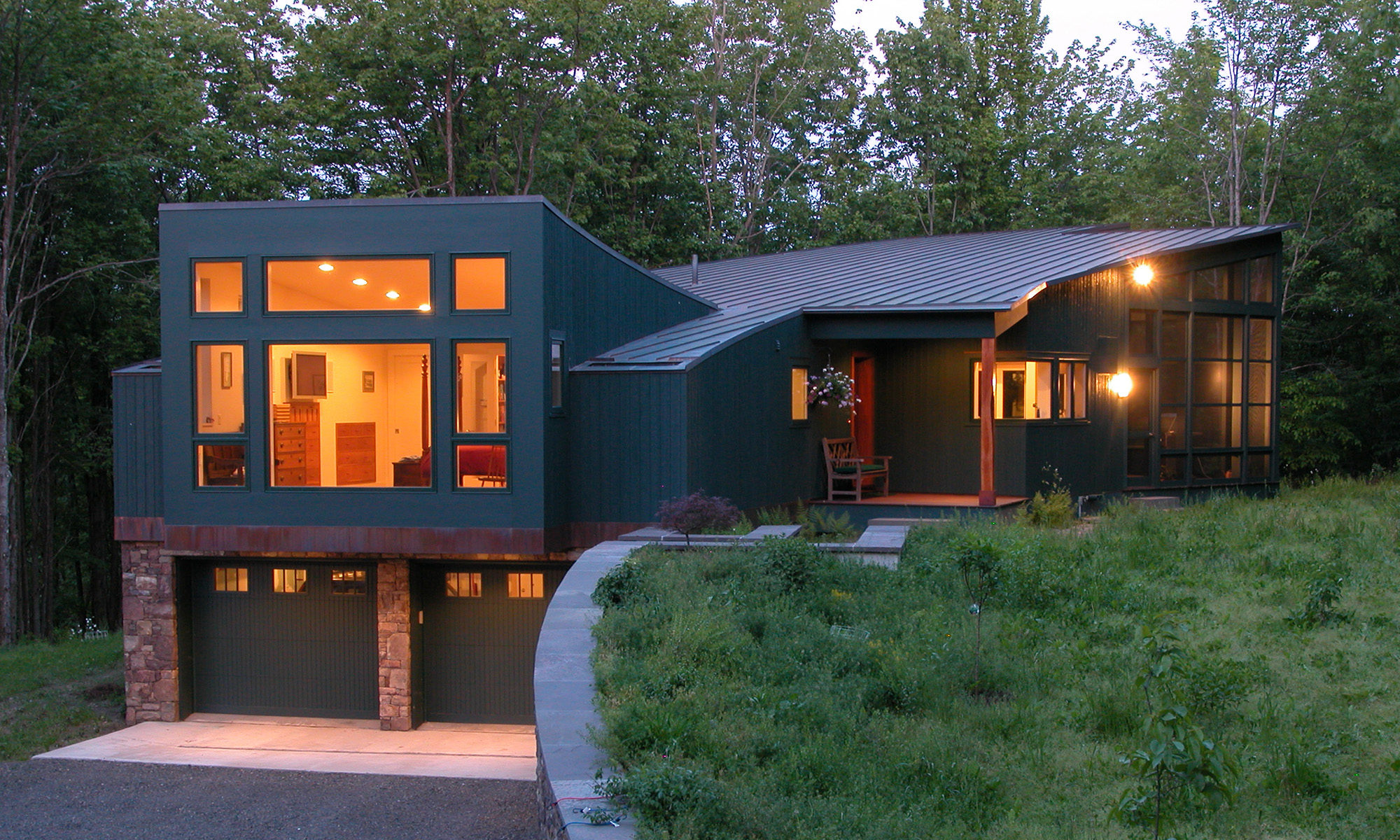One of the many delights of traveling is to become aware of vernacular building typologies. Many local building traditions can pass by unnoticed. Until you tune into them. Then you realize they are all over. Yesterday, upon landing in Arequipa, Peru, we were awakened to a delightful building tradition: let’s give this the inelegant name, Glass Box On Heavy Masonry.
As the photos below show, the visual effect is stunning. Very light, glassy, and thin structures are built over massive concrete and stone buildings. These glass spaces function as living spaces, as well as the enclosure of stairways. And they are all over the city. The glass structures are wonderful to be in, as we have one on the roof of the Airbnb that we are staying in.
These compositions are done surely without architects. Yet any one of these beat close to the heart of most any architect. The challenge is to be awake to the vastly rich and varied kaleidoscope of images that pass by.

















